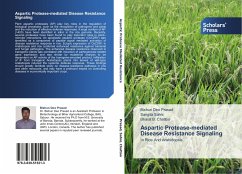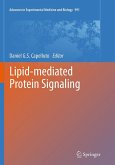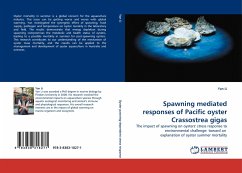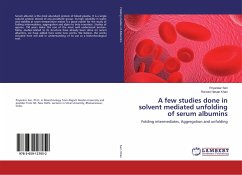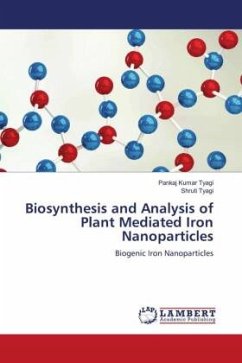Plant aspartic proteases (AP) play key roles in the regulation of biological processes, such as the recognition of pathogens and pests and the induction of effective defense responses. A large number of AP (400) have been identified in silico in the rice genome. Recently, several proteases have been found to play important roles in plant microbe interactions. An apoplastic aspartic protease (OsCDR1) was identified as a component of peptide signal mediated activation of disease resistance response in rice. Ectopic expression of OsCDR1 in Arabidopsis and rice conferred enhanced resistance against bacterial and fungal pathogens. The enhanced disease resistance observed in transgenic plants was correlated with induction of pathogenesis-related gene expression and was shown by mutational analysis to be dependent on AP activity of the transgene-encoded product. Infiltration of IF from transgenic Arabidopsis plants into leaves of wild-type Arabidopsis induced the systemic defense response. These findings should greatly facilitate study on disease-resistance pathways in rice and other monocots, and may have a profound impact on controlling diseases in economically important crops.
Bitte wählen Sie Ihr Anliegen aus.
Rechnungen
Retourenschein anfordern
Bestellstatus
Storno

